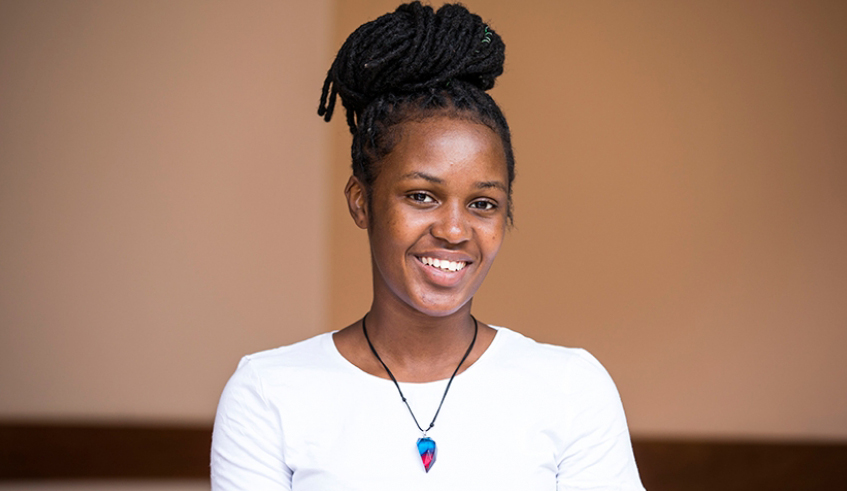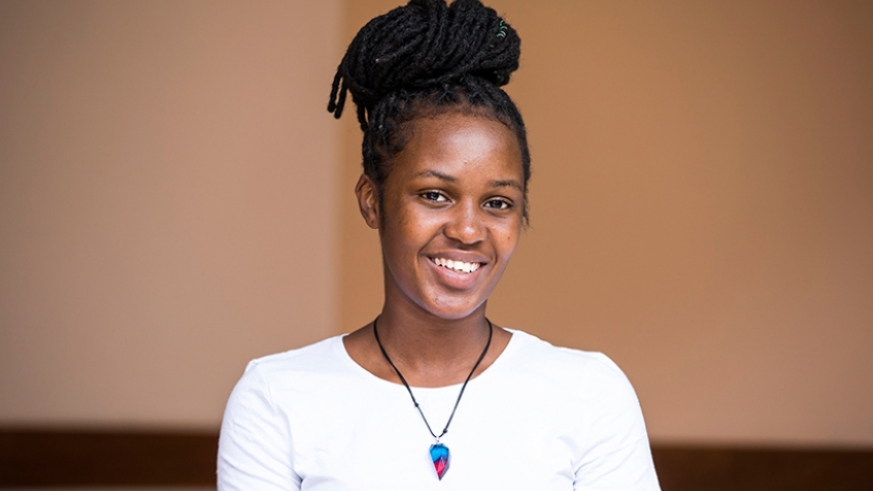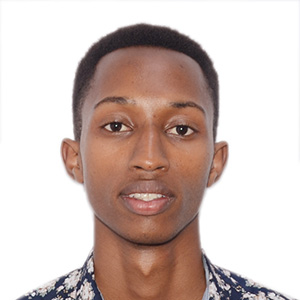
Poet Yasipi Casmir Uwihirwe. Olivier Mugwiza.

Poet Yasipi Casmir Uwihirwe. Olivier Mugwiza.

Justice Rwamanywa.

Thomas Mwesigye

